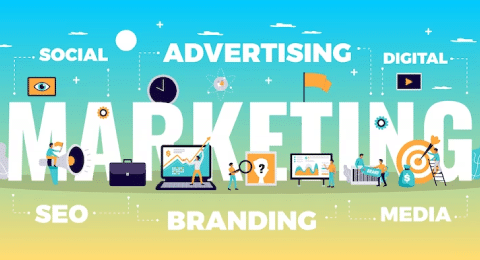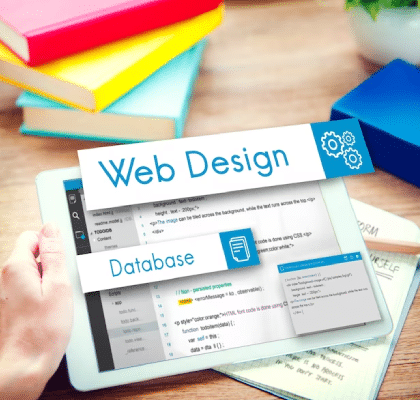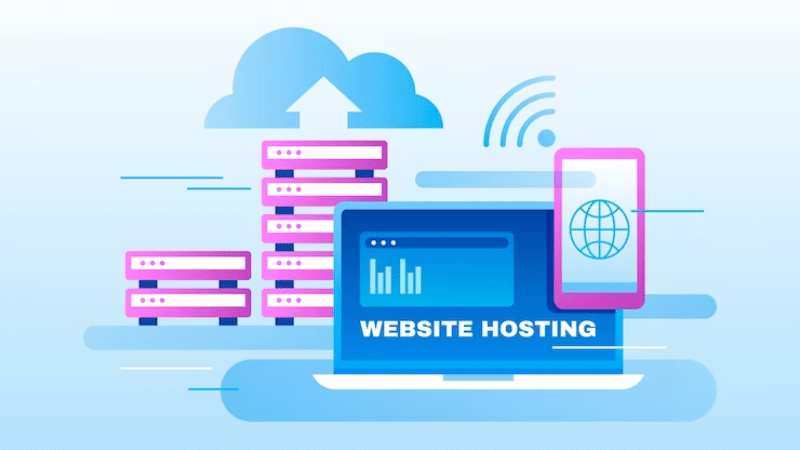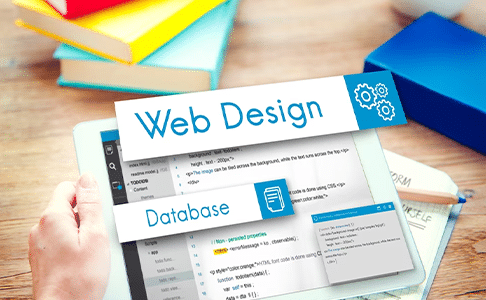How AI-Powered Personalisation is Shaping the Future of E-commerce Shopping Experiences
Apr
In an era where digital technology is advancing at an incredible rate, e-commerce solutions have become critical to determining business success. Among these technological, AI-powered personalisation stands out as a major changer in the e-commerce sector. This revolutionary strategy not only improves the client experience but also accelerates enterprises to unparalleled levels of efficiency and growth.
The Evolution of Customer Experience
Traditionally, e-commerce platforms offered a one-size-fits-all purchasing experience that did not cater to unique client preferences and behaviours. However, with AI-powered personalization, businesses can now create unique, engaging, and highly personalized purchasing experiences for each customer. AI algorithms analyse massive amounts of data, such as browsing trends, purchase history, and customer interactions, allowing them to anticipate future purchasing behaviors and preferences with high accuracy.
This level of personalisation elevates the purchasing experience from a transaction into a present and satisfying trip. For example, clients receive product recommendations that are perfectly tailored to their tastes, which not only increases satisfaction but also increases sales. In addition, AI-powered tools may optimize pricing and promotions in real-time based on market demand, competition, and the customer’s willingness to pay, thus maximizing profitability while maintaining a competitive edge.
Improved Decision-Making with Data
One of the most significant advantages of AI on e-commerce platforms is its capacity to generate actionable insights via data analytics. Business leaders can use this data to make more educated decisions about inventory management, marketing tactics, and customer service improvements. AI systems can detect patterns and trends that are not immediately apparent, allowing businesses to predict market developments and alter their strategy accordingly.
Furthermore, AI enables more comprehensive segmentation of the client base. This segmentation helps organizations create tailored marketing efforts that address the interests and needs of various groups, resulting in improved engagement and conversion rates. Understanding the distinct characteristics of each segment allows businesses to adjust their offers to fit the specific expectations of their clients, increasing customer loyalty and retention.
AI and Security Innovations
Advanced AI algorithms are now being used to detect and prevent fraud more successfully than ever before. AI systems can detect suspicious transactions in real time by analyzing data patterns that could suggest fraudulent conduct, such as unusual purchase behavior or anomalies in payment information. This proactive approach not only protects the business but also protects customers from potential fraud, increasing their trust in the platform.
Additionally, AI helps to create a safer online environment by assuring data protection and compliance with rules such as GDPR. By automating data management operations, AI contributes to the accuracy and protection of client information, which is critical for developing trust. Furthermore, AI may personalize users’ privacy settings and consent processes, making them more transparent and easier to understand, which further reinforces trust.
Streamlining Operations and Reducing Costs
AI-powered personalization improves the operational efficiency of e-commerce. Automated systems can perform regular operations like customer questions, inventory updates, and order processing, freeing up human personnel to work on more strategic projects. This automation not only lowers operational expenses but also increases accuracy and reaction times, resulting in a better customer experience.
Inventory management, an essential yet difficult part of e-commerce, is greatly enhanced by AI. Predictive analytics can help estimate demand more precisely, avoiding overstocks and stockouts. This efficiency not only maximizes warehouse space and lowers holding costs, but it also ensures that customers can find the products they want, reducing missed sales and increasing customer happiness.
Preparing for a Future with AI
As AI technology advances, the potential for additional innovation in e-commerce solutions is huge. Virtual reality (VR) and augmented reality (AR) will soon change the way buyers engage with items online. Imagine putting on clothes online or visualizing furniture in your house before making a purchase—AI integrations make these scenarios more realistic, delivering an immersive shopping experience that can significantly increase customer engagement.
AI-powered personalization is more than simply a trend; it represents a fundamental shift in how e-commerce businesses function and interact with their customers. Businesses that implement AI-driven e-commerce systems can provide personalized shopping experiences, obtain important insights, optimize processes, and eventually drive significant growth.
If you want to use AI to transform your e-commerce business, then do not hesitate to contact Alwafaa Group. Connect with us over WhatsApp or phone us today to learn more about how our cutting-edge e-commerce solutions may help your business. Allow us to assist you in staying ahead in today’s competitive digital industry!

































